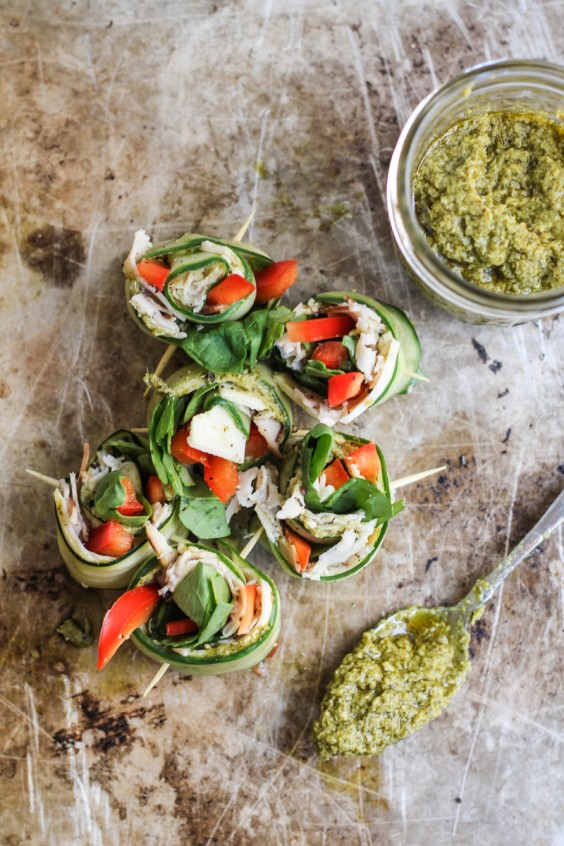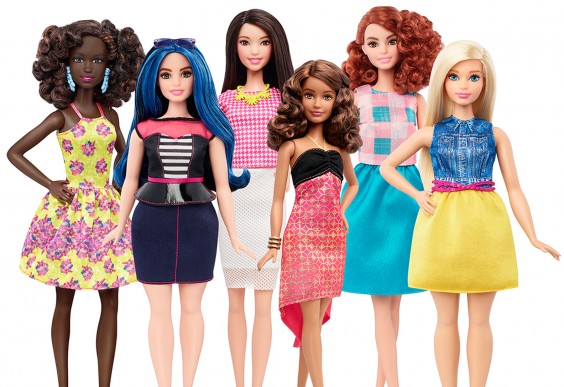Think of a time before before Doritos and Entenmann’s. Few of us can remember when grocery stores weren’t overtaken by aisle upon aisle of processed food. But our grandparents (and certainly our great-grandparents) could.
A new book, 100 Million Years of Food: What Our Ancestors Ate and Why It Matters, written by biological anthropologist Stephen Le, suggests we should be eating more like our elders. This line of thinking is far from new. Michael Pollan is famous for saying, “Don’t eat anything your great-grandmother wouldn’t recognize as food.” And the paleo craze has many of us eating like cavemen.
But Le’s suggestion is a little different. He says we should look at our own family tree to find out what our ancestors ate. If they immigrated from Vietnam, they most certainly had a different diet than if they came from Ireland. The thinking goes: For much of human history, our ancestors stayed put in one basic geographic area, so they evolved to be great at digesting the local food. Thus, the more people stray from those diets, the more food-related problems and diseases may crop up.
The Mediterranean Diet, for example, has been lauded for years for decreasing your risk of heart disease and increasing your lifespan. But the diet didn’t benefit Northern Europeans like it did the Cretans—whose systems had evolved to better metabolize olive oil. So if you’re to follow Le’s school of thought, you can put down that green juice and…

 1. Perfect your online presence.
1. Perfect your online presence. 

 Photo: Mattel
Photo: Mattel